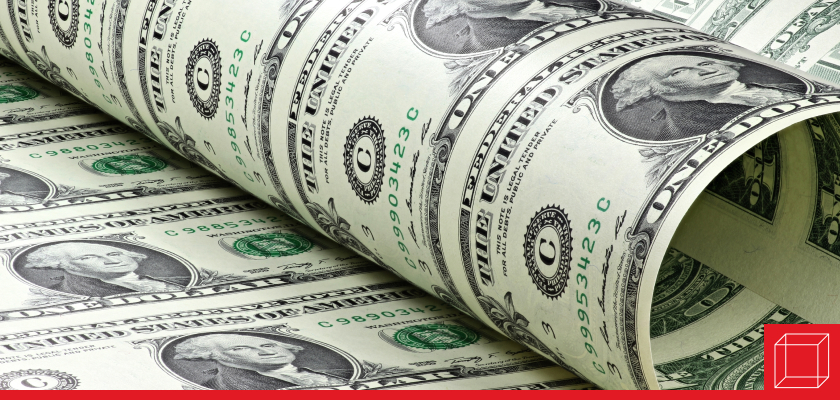What Is a Recession? | September 2022
Recessions are typically characterized by rising levels of unemployment, declining demand for goods, and declining prices. But not every recession is the same.
Economic contraction occurs when spending declines. During economic contraction, businesses tend to cut back on production and lay off workers. Contractions can lead to recession—a decline in production, employment, and income. Recessions are typically characterized by rising levels of unemployment, declining demand for goods, and declining prices. But not every recession is the same.
Recessions in the United States
The United States has seen many recessions, the most recent ones occurring in 2008–2011 and 2020. The Great Recession of 2008–2011 was primarily caused by the subprime mortgage crisis. The government failed to regulate the financial industry, leading to firms taking on too much risk. When unqualified borrowers could not repay their debts, housing prices crashed, and the government had to step in to bail out troubled banks. At the height of the recession, unemployment exceeded 10 percent.
The COVID-19 recession in 2020 was caused by completely different circumstances. As unemployment was nearing a 50-year low, the COVID-19 pandemic sent shockwaves through the global economy. Unemployment hit a record 14.7 percent as people were urged to stay at home to prevent the spread of the virus. Nonessential businesses temporarily closed, leading to mass layoffs. The COVID-19 recession lasted only two months, making it the shortest on record.
As the economy recovered, demand for goods increased sharply, catching many companies off guard. With more demand than supply, inflation hit the highest levels since the early 1980s. To address inflation, the Federal Reserve raised interest rates, causing consumers to spend less. Now, the country faces a recession once again, begging the question, what IS a recession?
Defining “recession”
Interestingly, there is no set definition of a recession. A recession is typically characterized by a decline in production, employment, and income.
Some consider two consecutive quarters of declining gross domestic product (GDP) to be a recession. By this definition, the U.S. economy met that standard earlier this year; however, not all economists agree. Some say this definition is too narrow as it only considers one economic indicator. GDP can be volatile and misleading due to temporary and technical reasons. Case in point, more recent revised estimates show that GDP shrinkage in the second quarter was less severe than originally feared.
In contrast, The National Bureau of Economic Research (NBER), a private nonprofit, defines a recession as a significant, persistent, and broad decline in economic activity. The organization’s small committee of academic economists tends to wait until sufficient data is available to declare a recession.
Is the U.S. in a recession?
While recession fears are center stage, some economists say they are overblown. Though GDP has declined, gross domestic income has not, and employment, consumer spending, and business spending are rising.
On the other hand, economists generally rely on delayed data which can lead to economists being late to declare a recession. It’s challenging to identify a recession right at the start.
Instead, most will agree the U.S. may not be in a recession but is certainly at high risk for one.
In the Classroom
This article can be used to discuss economic cycles (Chapter 1: The Dynamics of Business and Economics).
Discussion Questions
What factors caused the Great Recession? The COVID-19 recession?
What factors typically characterize a recession?
Why are economists sometimes late to declare a recession?
This article was developed with the support of Kelsey Reddick for and under the direction of O.C. Ferrell, Linda Ferrell, and Geoff Hirt.
Sources
David Leonhardt, "The Big Economic Question," The New York Times, July 29, 2022, https://www.nytimes.com/2022/07/29/briefing/gdp-us-recession-economic-question.html
Howard Schneider, "What the Inflation Reduction Act Does and Doesn’t Do About Rising Prices," Reuters, July 19, 2021, https://www.reuters.com/business/recession-ended-april-2020-making-it-shortest-record-2021-07-19/
"U.S. Economy Shrank Less Than Previously Estimated, Easing Recession Fears," CBS News, August 25, 2022, https://www.cbsnews.com/news/gdp-recession-2022-q2-government-revision-0-6-federal-reserve-jerome-powell/



